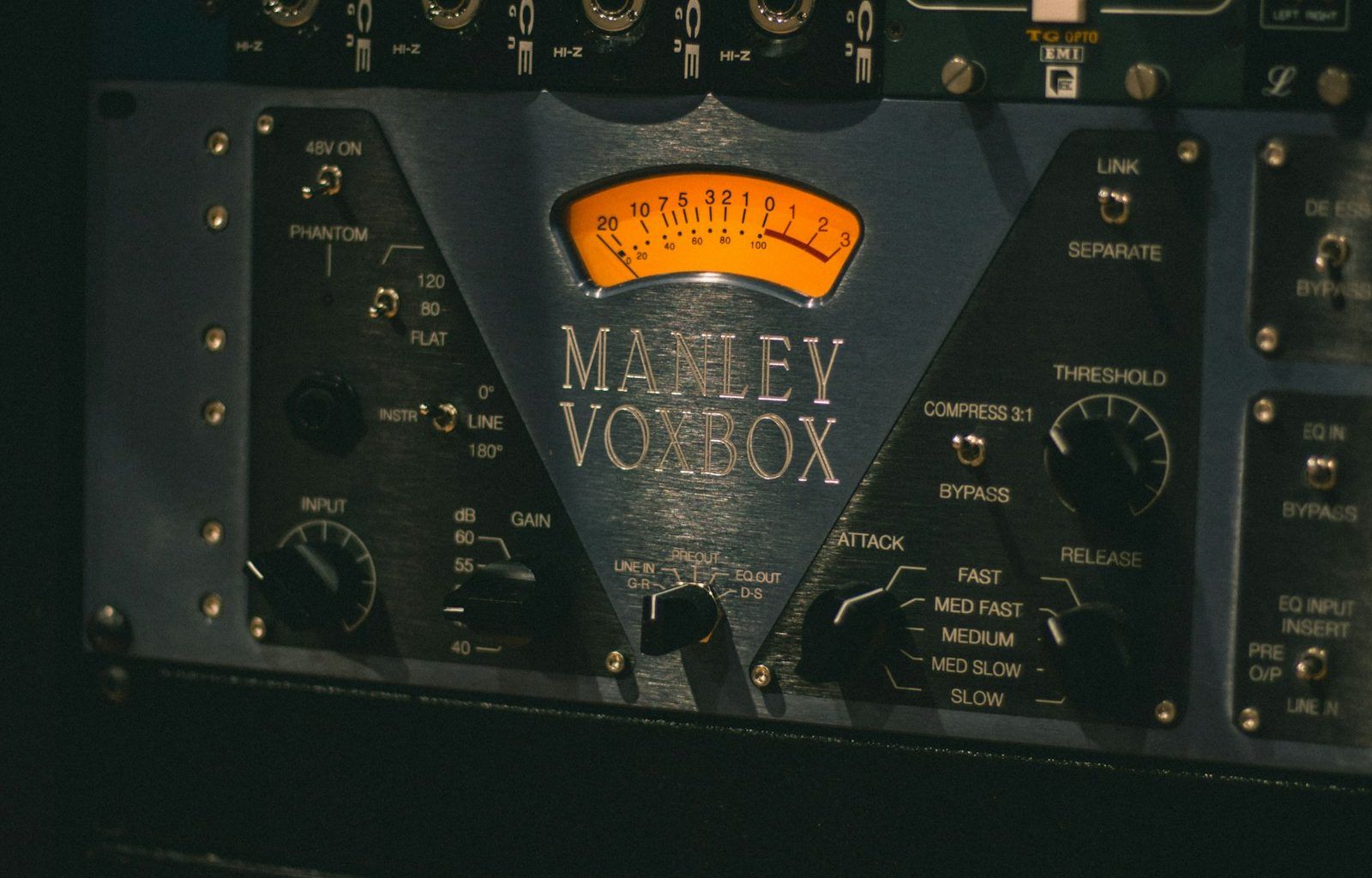Music has the incredible power to move hearts, bring people together, and express the inexpressible. For many, the dream of mastering music represents the pinnacle of artistic achievement. But what does it take to become a true master of music? Is it talent, hard work, or a mix of both? Let’s explore the inspiring path that leads to musical mastery and uncover the secrets that every aspiring musician should know.
The Essence of Musical Mastery
Becoming a master in music goes beyond just technical skills. It’s about capturing the soul of music, understanding its nuances, and sharing its beauty with others. While natural talent provides a foundation, dedication, and consistent practice are the real keys to success.
Why Passion Fuels Mastery
Passion is the driving force behind every great musician. Without it, the journey can feel like an uphill battle. Passion turns hours of practice into moments of joy and transforms challenges into opportunities for growth.
The Role of Discipline in Musical Success
Discipline often bridges the gap between a dream and its realization. Practicing daily, even when it’s hard, is essential. Many masters of musics spend years refining their craft, pushing through obstacles with unwavering commitment.
Understanding the Building Blocks of Music
To master music, one must first understand its fundamental elements. These building blocks form the foundation upon which all great compositions and performances stand.
The Language of Music: Notes and Scales
At its core, music is a language. Learning notes, scales, and chords is like learning the alphabet and grammar of this universal language. A solid understanding of these basics can open the door to endless creativity.
Rhythm: The Heartbeat of Music
Rhythm is what gives music its life and energy. Whether you’re tapping your foot to a catchy tune or feeling the pulse of a classical symphony, rhythm connects us to the music on a primal level.
The Role of Mentorship in Musical Growth
No musician reaches mastery alone. Throughout history, masters of musics have benefited from the guidance of great teachers and mentors.
Learning from the Masters
Studying under an experienced musician can accelerate your growth. A mentor provides valuable feedback, corrects mistakes, and offers insights that books or online tutorials often can’t.
The Importance of Feedback
Constructive criticism helps you see blind spots and areas for improvement. Embracing feedback with an open mind is a hallmark of every great musician.
Techniques and Tools for Mastery
Mastering music requires more than just natural talent. It involves leveraging the right techniques and tools to bring your skills to the next level.
Practice Makes Perfect
Regular, focused practice is essential. Break down challenging pieces into smaller sections, practice slowly, and gradually increase speed. This methodical approach ensures precision and builds muscle memory.
Using Technology to Enhance Learning
From metronomes and tuners to advanced music production software, technology offers countless tools to help musicians refine their craft. Online platforms and apps also provide opportunities to learn from masters worldwide.
Developing Your Unique Musical Voice
Every master of music has a unique voice that sets them apart. Finding yours is a journey of self-discovery and experimentation.
Experimenting with Genres and Styles
Exploring different genres broadens your musical perspective and helps you discover what resonates with you. Whether it’s jazz, classical, rock, or folk, each style brings its own flavor to your repertoire.
Composing and Improvising
Writing your own music or improvising allows you to express your individuality. These activities foster creativity and deepen your connection to the music.
The Mindset of a Master
Success in music isn’t just about skill—it’s also about mindset. Cultivating the right attitude can make all the difference on your journey.
Overcoming Self-Doubt
Every musician faces moments of doubt. Instead of letting it hold you back, use it as a motivator to improve. Remember, even the greatest masters started somewhere.
Embracing Lifelong Learning
Mastery is not a destination but a continuous journey. Stay curious, seek out new challenges, and never stop learning.
Music has always been a communal art form. Engaging with others can enrich your experience and inspire your growth.
Collaborating with Other Musicians
Playing with others helps you develop a deeper understanding of timing, dynamics, and harmony. Collaboration also sparks creativity and introduces you to new ideas.
Whether it’s performing live, sharing recordings online, or teaching others, sharing your music is one of the most rewarding aspects of being a musician.
Staying Inspired on Your Musical Journey
Maintaining inspiration is crucial for long-term success. Surround yourself with music that moves you and people who uplift you.
Learning from Musical Legends
Study the lives and works of iconic musicians. Their stories of struggle and triumph can motivate you to keep going, even when the road gets tough.
Celebrating Small Wins
Every milestone, no matter how small, is worth celebrating. Acknowledge your progress and use it as fuel to keep pushing forward.
Conclusion: Embracing the Path to Musical Mastery
Becoming a master of music is a challenging yet deeply rewarding journey. It requires passion, dedication, and a willingness to keep learning. Whether you’re just starting or are already on your way, remember that every note you play brings you closer to your goal. Stay inspired, stay disciplined, and most importantly, enjoy the music.
For further reading, explore these related articles:
For additional resources on music marketing and distribution, visit DMT Records Private Limited.






